11 November 2025 TEI advances eco-label integration into public procurement and construction to elevate Thai industries towards a green economy
The Thailand Environment Institute (TEI) is driving the adoption of eco-labels in sustainable public procurement under the Greening Supply and Demand of Construction Materials: Advancing Eco-Labels and Sustainable Public Procurement for Climate and Biodiversity Protection (#EcoAdvance Project). The project aims to support the steel and cement industries in reducing greenhouse gas emissions and enhancing competitiveness in line with international standards.
To move this initiative forward, TEI is hosting a seminar entitled “Integrate Eco-Labeled Product Strategies into Sustainable Procurement for Green Construction” on 11 November 2025, from 13:30–16:00, at Suvit Sakdanon Room, 5th Floor, TK Palace & Convention, Bangkok. The event was honored by the presence of project representative Ms. Sophia Groll, Associate Programme Management Officer, Consumer Information / 10YFP / One Planet Network, United Nations Environment Programme (#UNEP), and Dr. Wijarn Simachaya, President of TEI, delivered the opening remarks.
The project’s achievements to date presented by Dr. Chuttree Phurat, Director of Green Label & Eco-Label Program, TEI, followed by a session on Guideline approaches for Eco-label certification through the Mutual Recognition Arrangements (MRA) framework by Dr. Pongsakorn Truttim, Researcher. The program also feature a certificate presentation to pilot project partners and a panel discussion on
“Integrating Eco-Labeled Product Strategies into Sustainable Procurement for Green Construction.”
Key speakers include:
• Dr. Ponlathep Lertworawanich, Director of the Bureau of Road Research and Development, Department of Highways, a leading figure in developing environmentally friendly construction materials and innovations;
• Ms. Amornrut Detch-Udomsap, expert in green building standards and green building market transformation;
• Dr. Tanomlap Ratchawat, environmental label and life cycle assessment (LCA) specialist.
During the discussion, Dr. Ponlathep highlighted that greenhouse gas emissions from the transport sector account for more than 14%, the majority of which comes from road transport. Thailand has set an ambitious yet delayed goal to transition the Department of Highways (DOH) toward a green road system by 2050. He emphasized that closing efficiency gaps throughout the entire road management lifecycle requires strong cooperation among all sectors, and that effective communication is vital to facilitate implementation. He also illustrated how integrating CO₂ emissions into contractor selection criteria could serve as a complementary management mechanism.
Green building expert Ms. Amornrut added that green buildings in Thailand now go beyond energy efficiency and environmental protection, extending to social sustainability dimensions such as health and safety. She pointed to the growth of green building development in the education and healthcare sectors, areas now expanding just behind commercial office buildings. She noted that restricting hazardous substances in construction materials and adopting Environmental Product Declarations (EPDs) are becoming increasingly important in green building certification. While green label products already incorporate comprehensive criteria beneficial for further application, she observed that market uptake of certified products remains limited.
Eco-label and LCA specialist Dr. Tanomlap remarked that Thailand has implemented the Green Label program for more than 33 years and has recently developed additional environmental labeling schemes to meet the growing demand for green and circular economy products. Thailand’s progress is considered more advanced than many countries within the Global Ecolabelling Network due to comprehensive criteria and collaborative harmonization among members. Thailand is also a key partner driving green public procurement. She noted that this year, the number of certified products has surged significantly—from hundreds to thousands of models—indicating strong growth momentum and the potential to meet rising demand. However, he stressed that inconsistent or unclear support from industry and government still hinders continuous business development.
In summary, the panel exchanged perspectives on leveraging eco-label criteria and certified products in the construction sector to support sustainable public procurement, reduce carbon emissions in infrastructure and building projects, and strengthen industry readiness toward international standards. A clear integrating Ecolabel to sustainable procurement in construction sector as follow:
• Eco-labels, which certify the quality and environmental friendliness of materials;
• Sustainable procurement, a government mechanism for driving the green market;
• Green building standards, which are the endpoint for developing construction projects that minimize environmental impacts.
Integrating eco-labels into sustainable procurement systems will help incentivize industries to develop environmentally friendly products, support national greenhouse gas reduction targets, and enhance the competitiveness of Thai products in global markets.
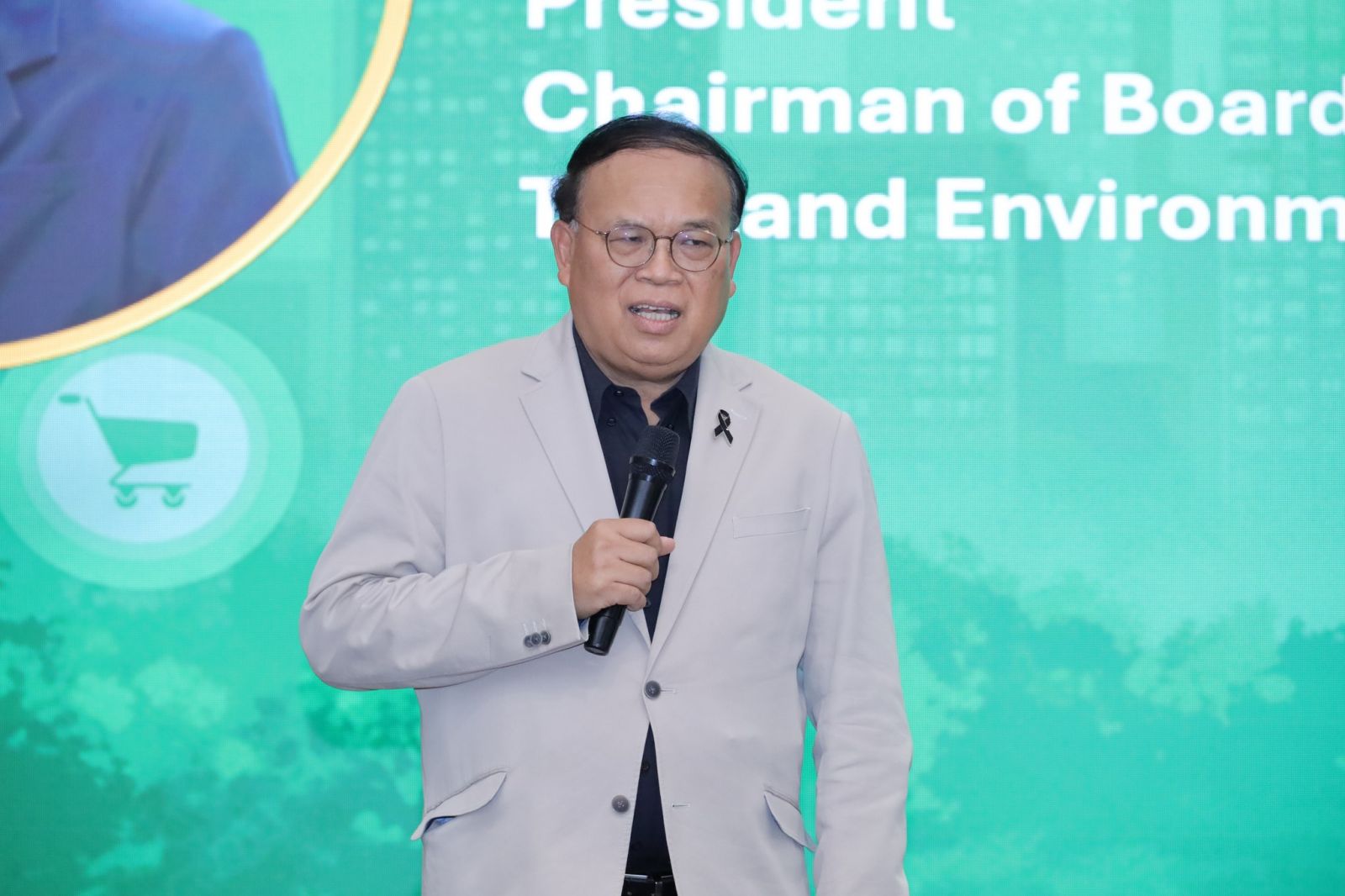
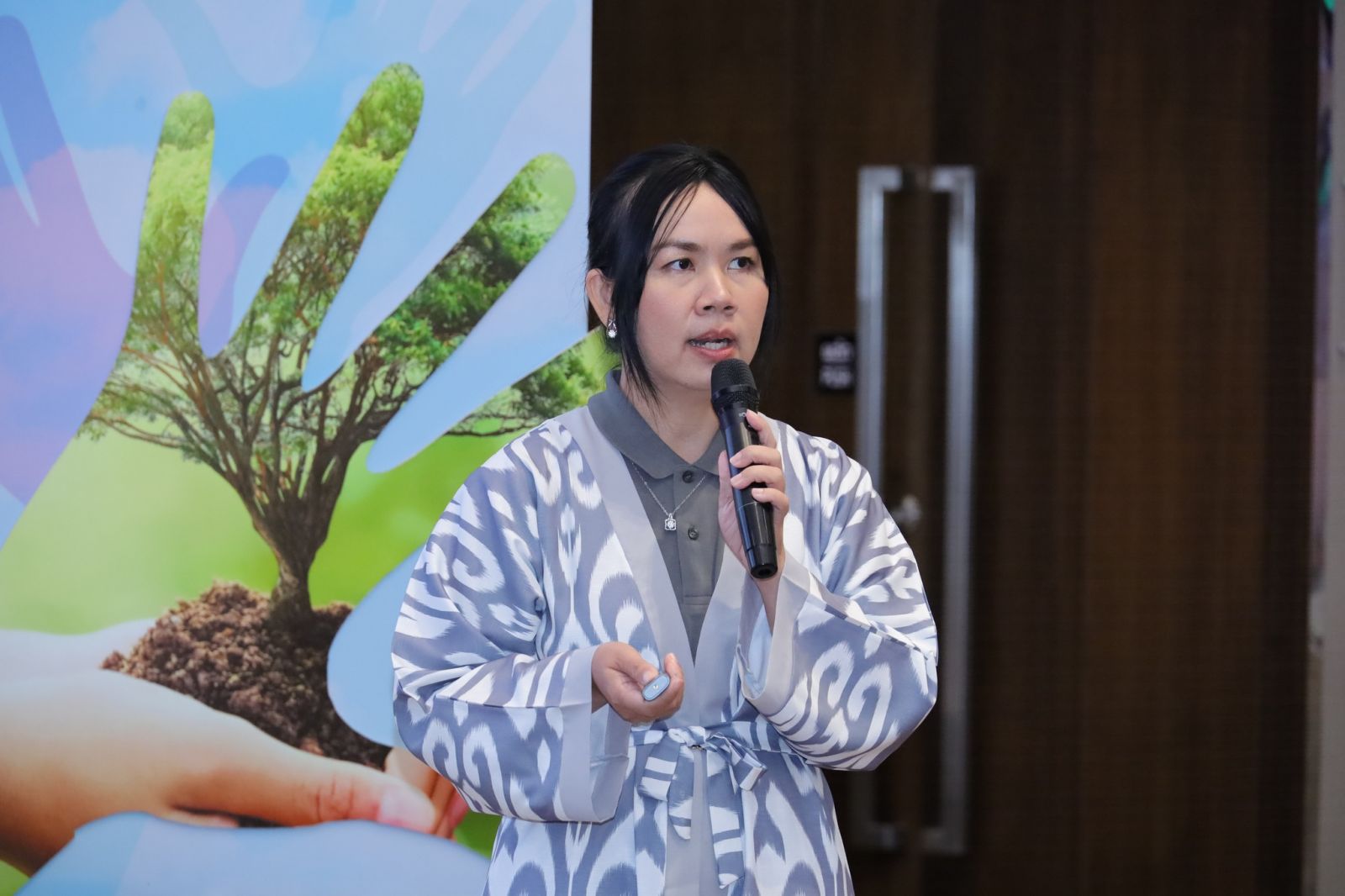
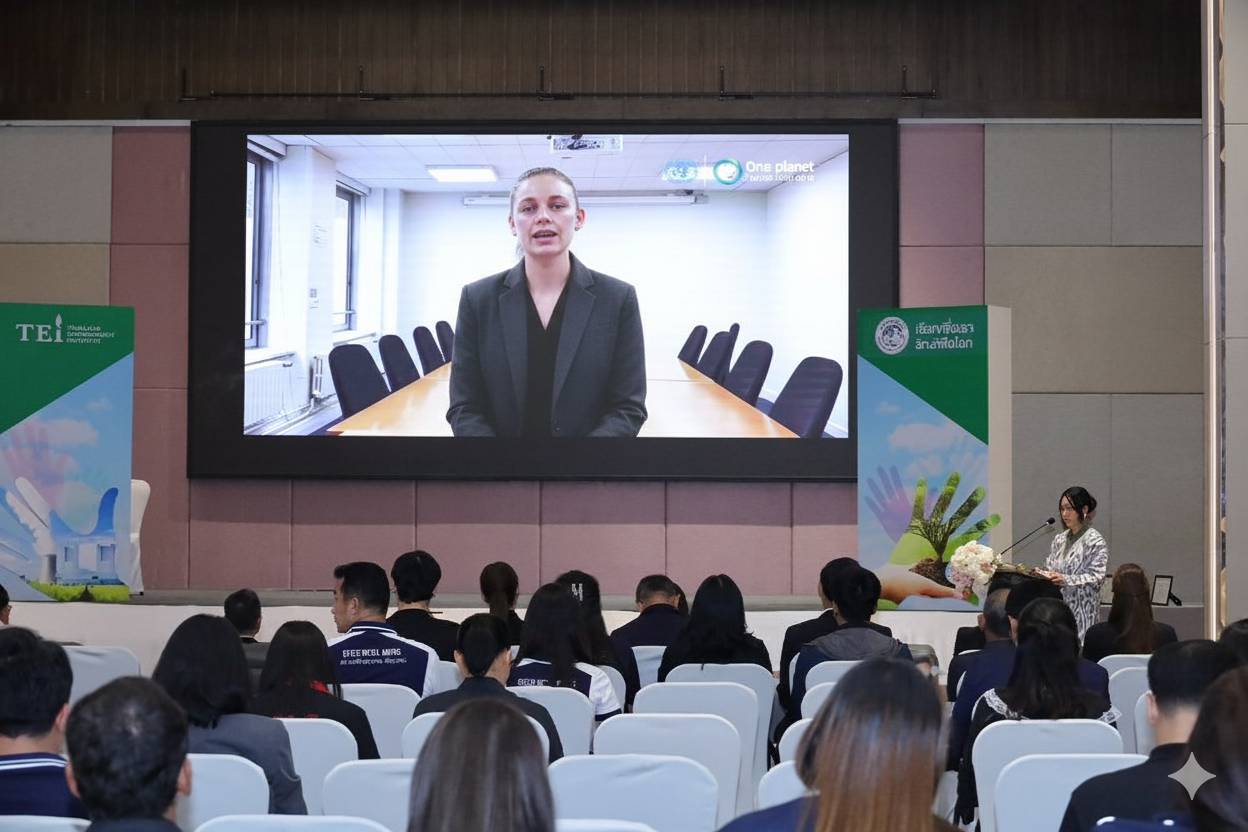
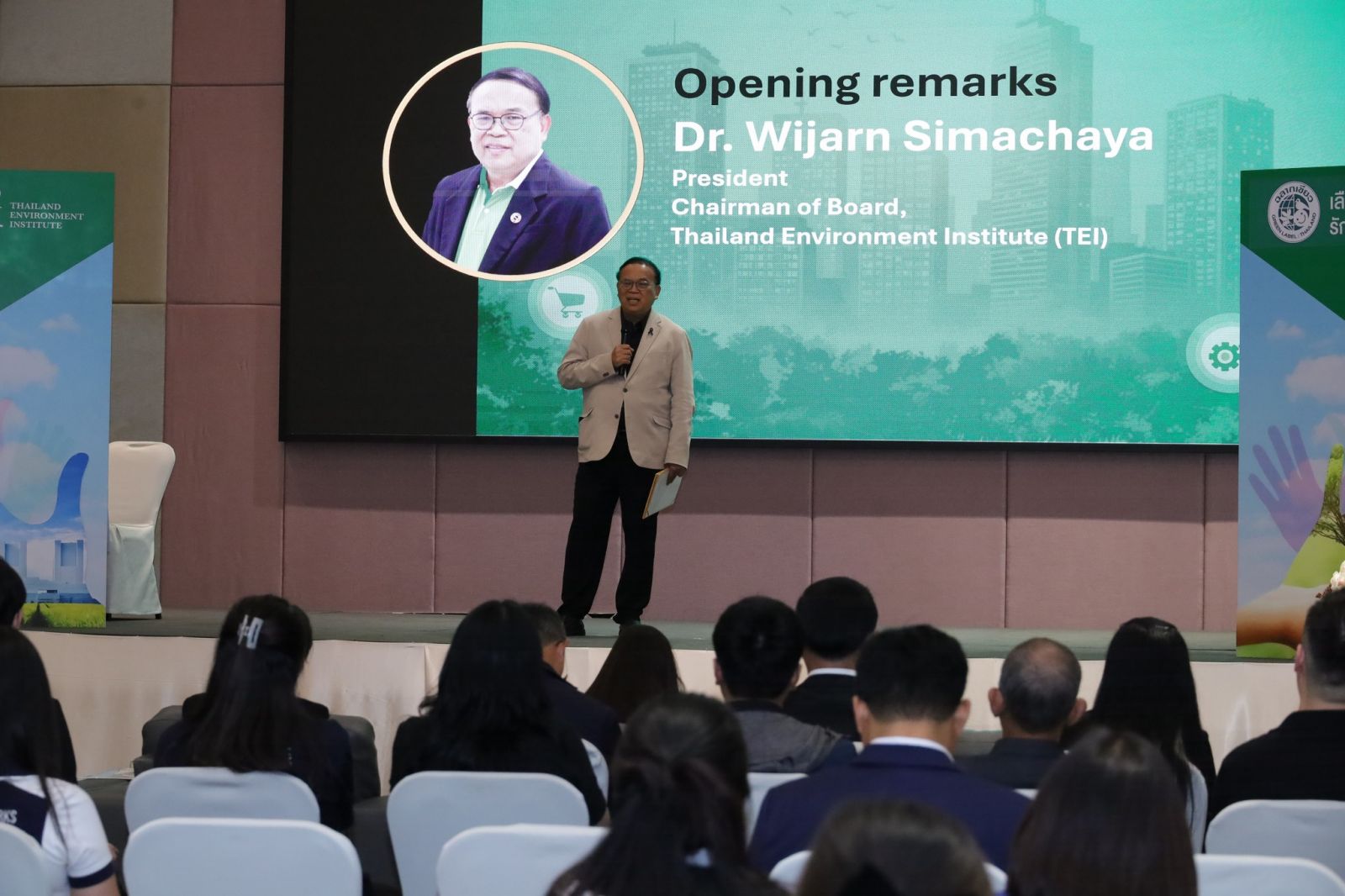
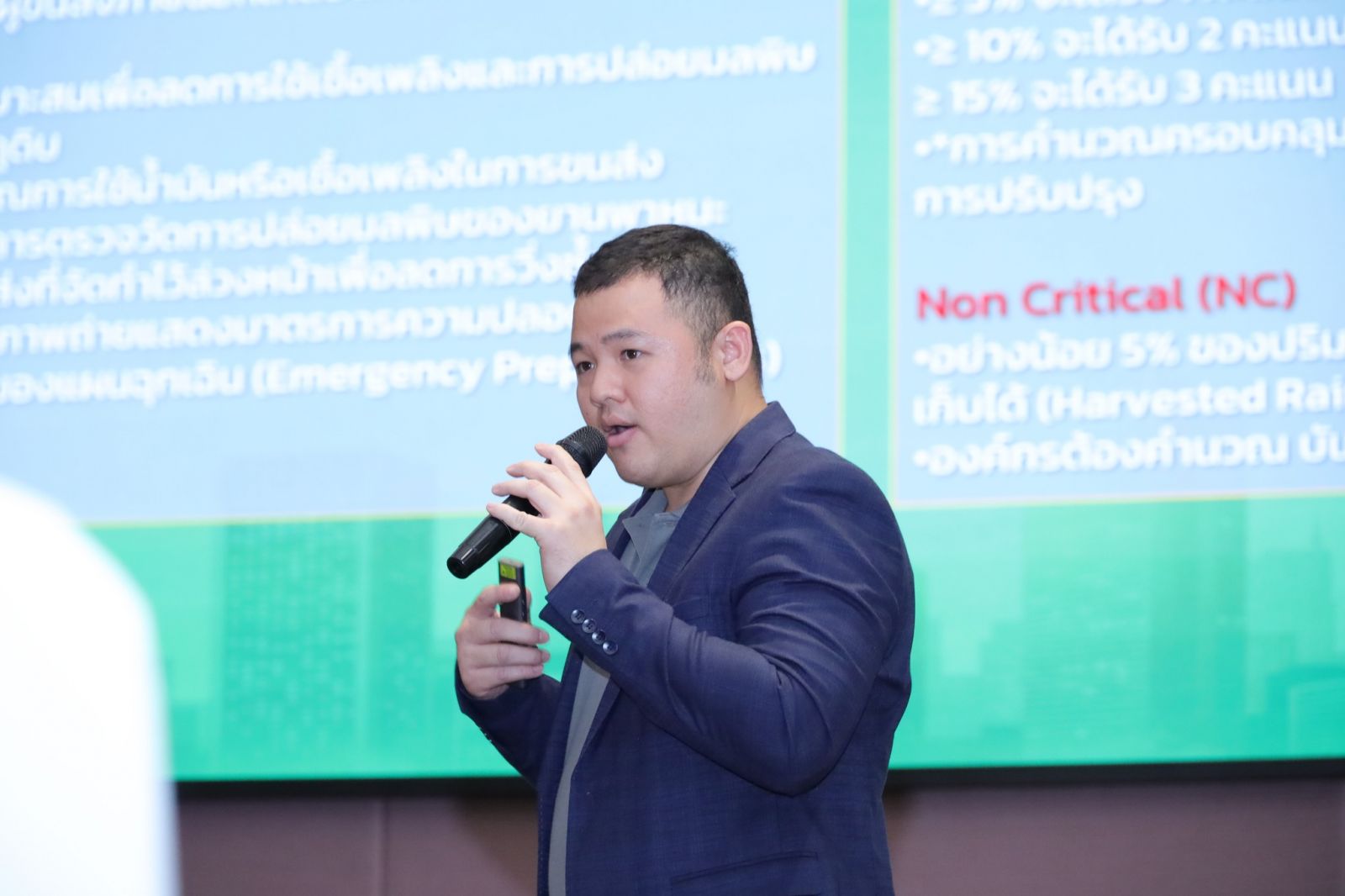
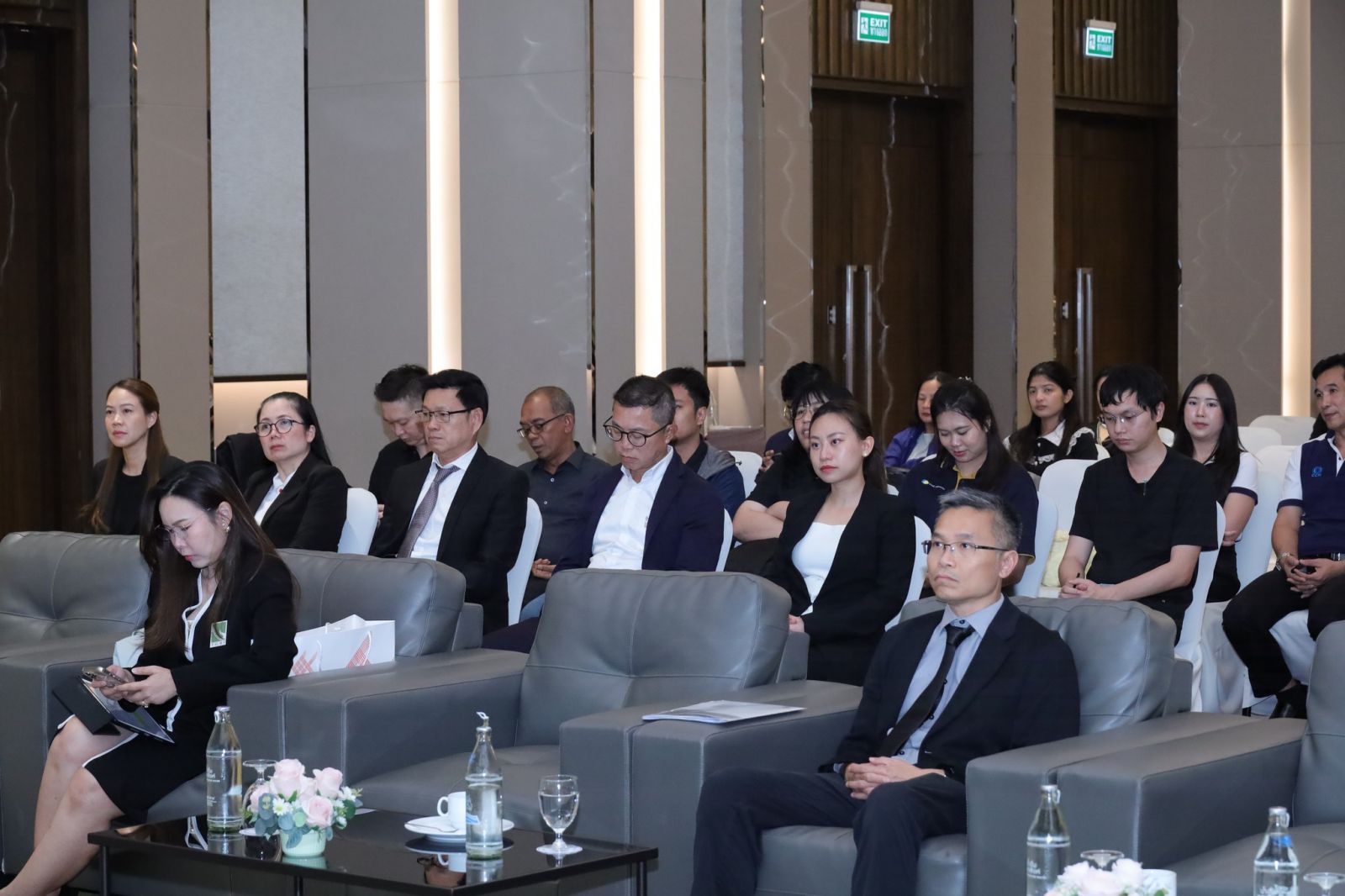
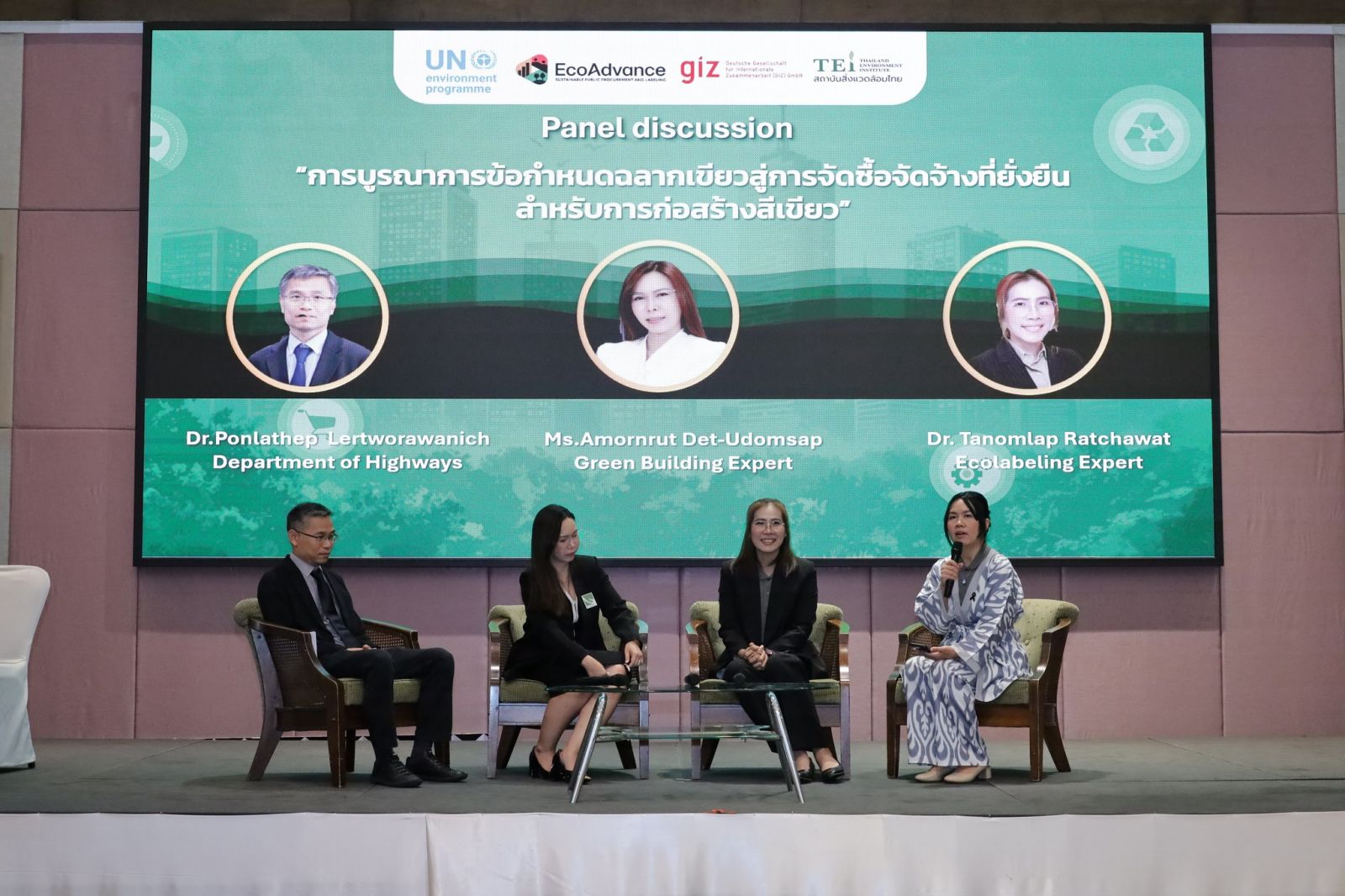
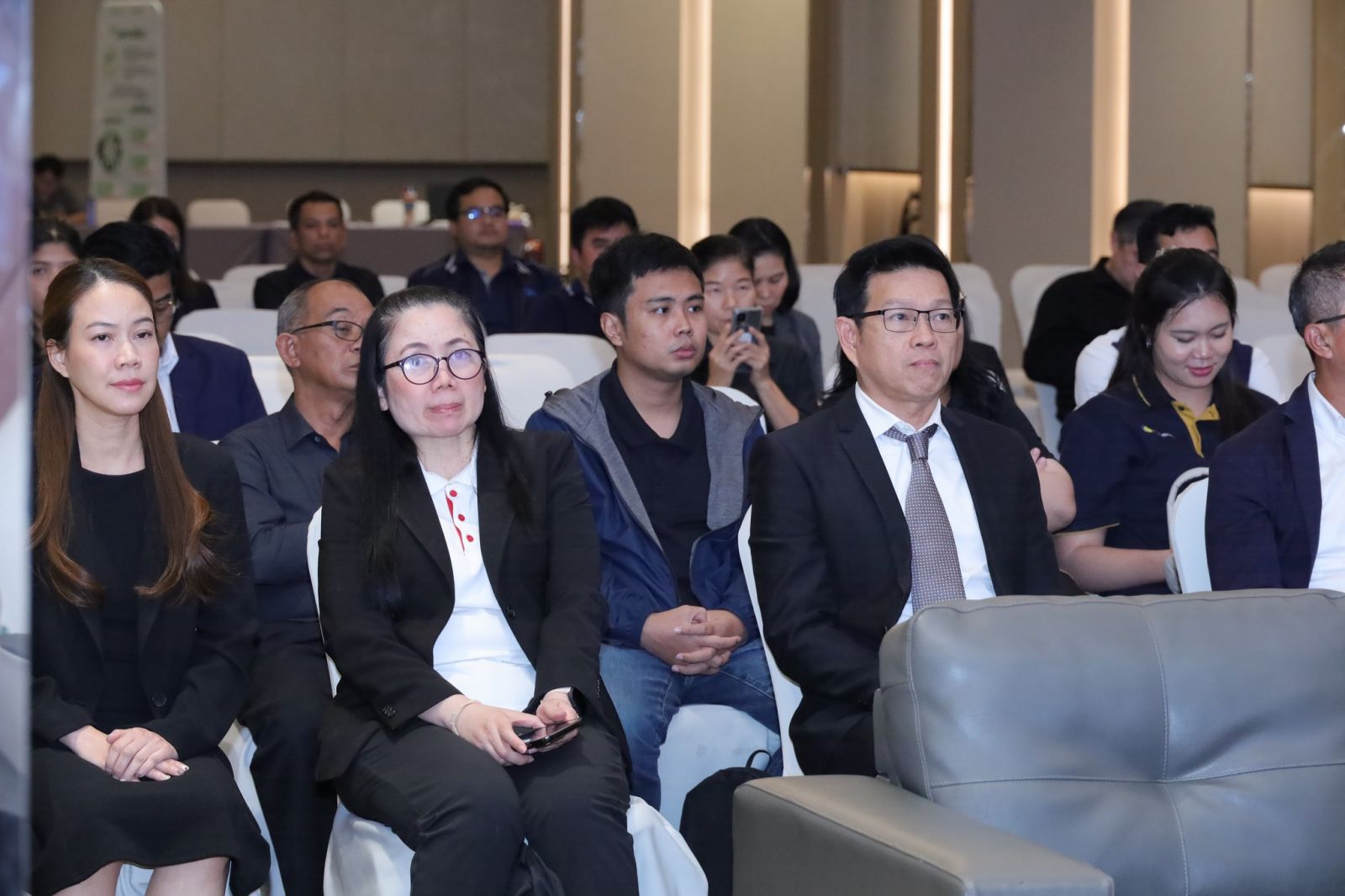
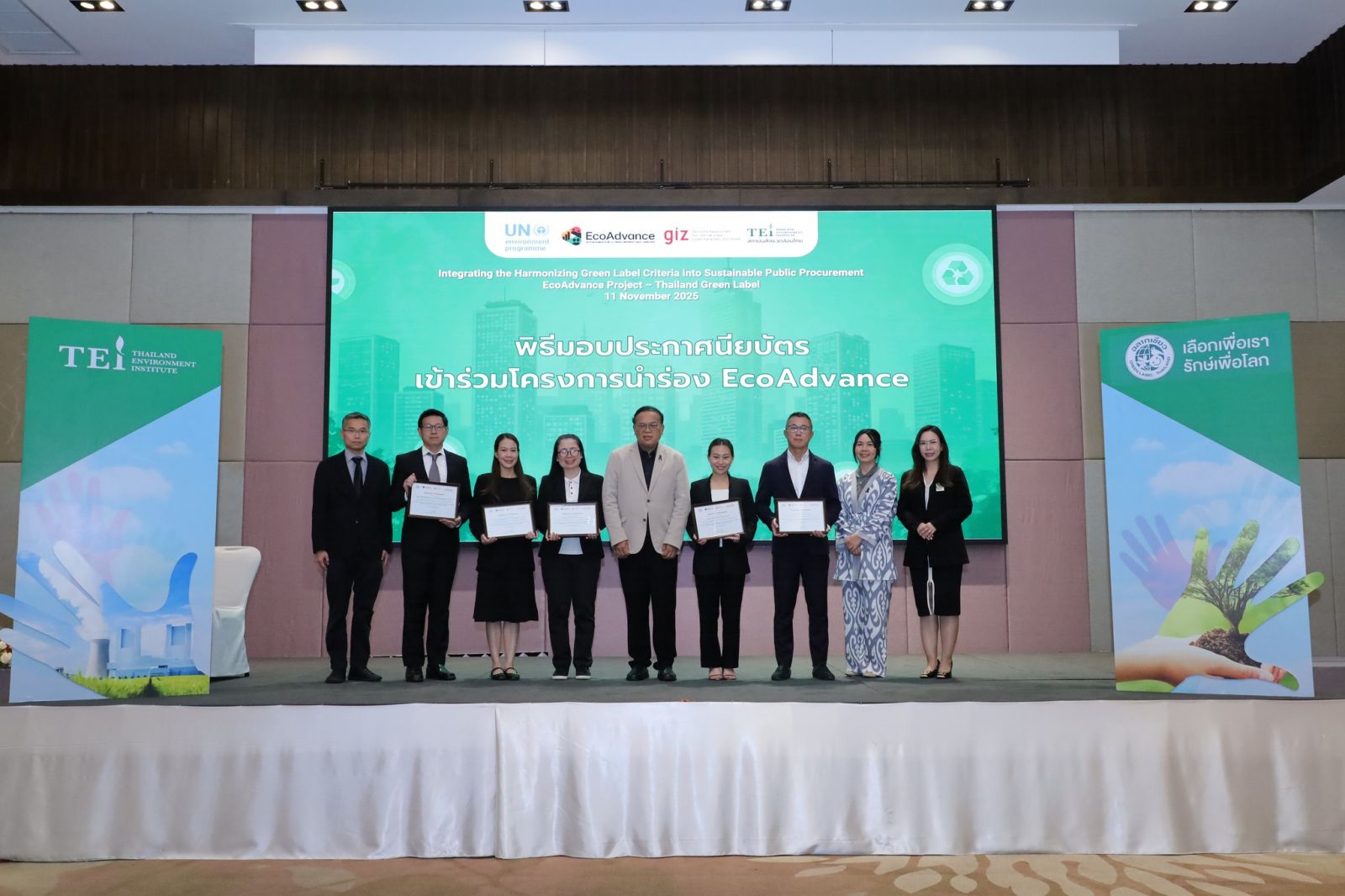
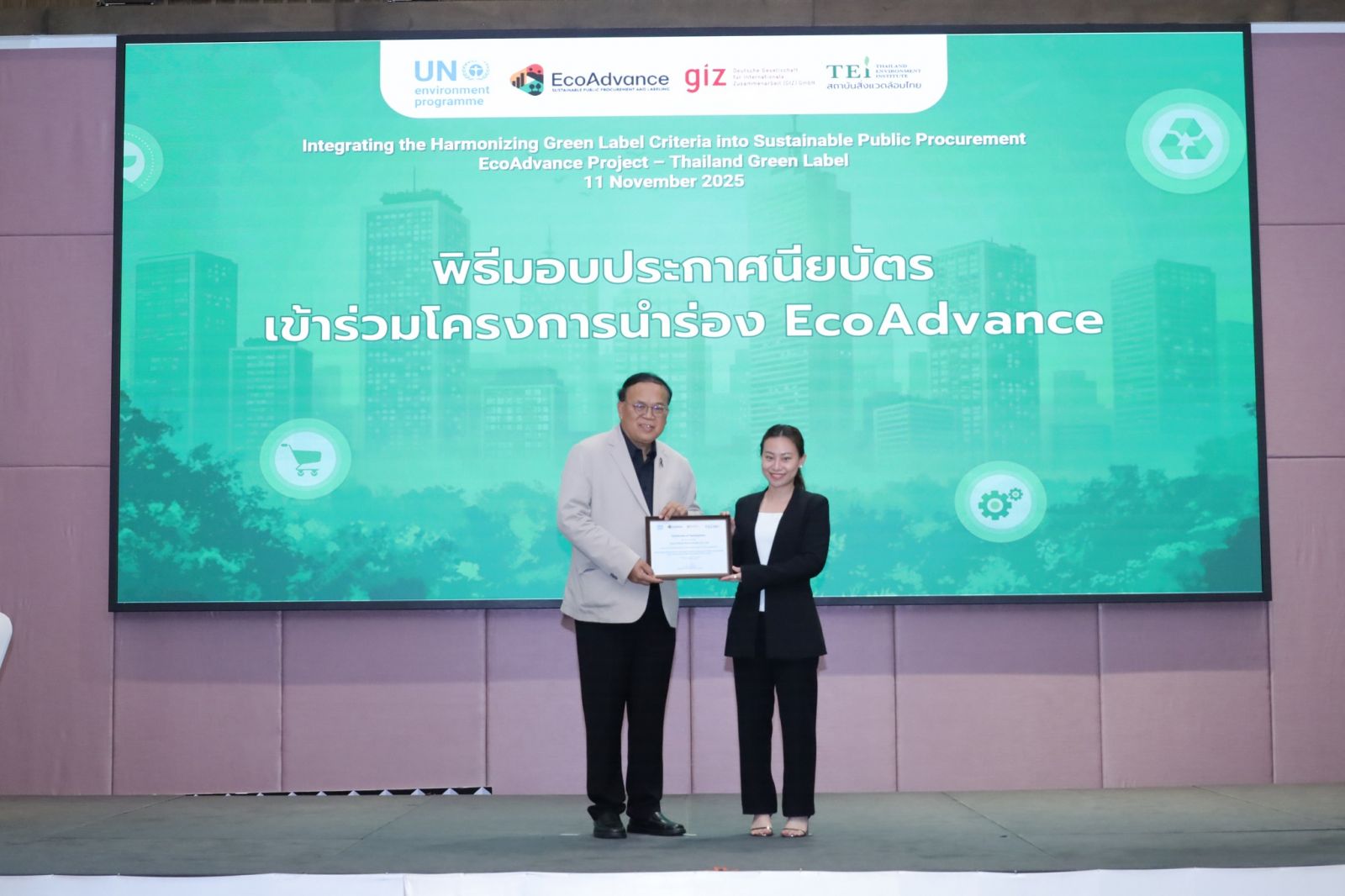
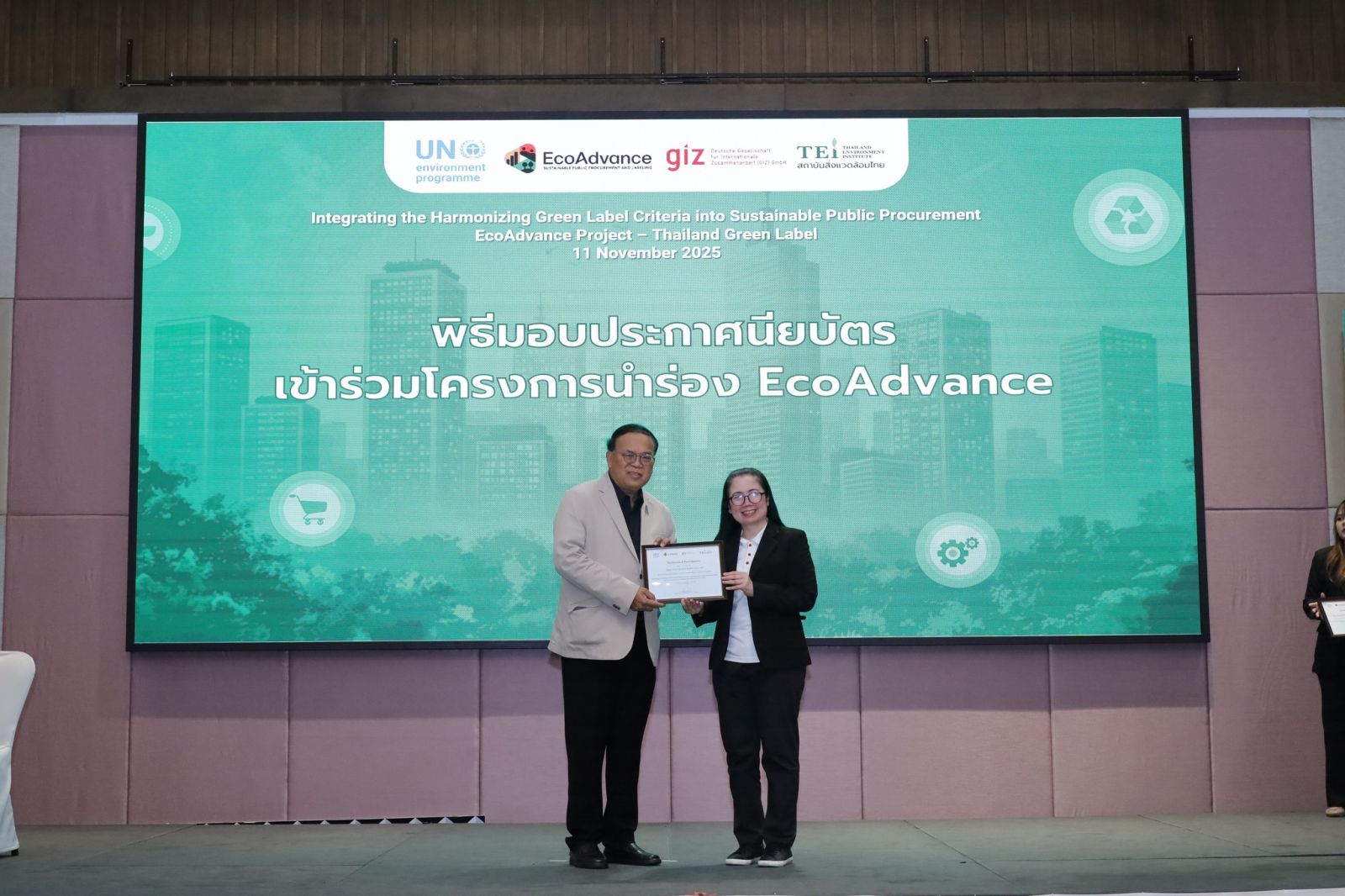
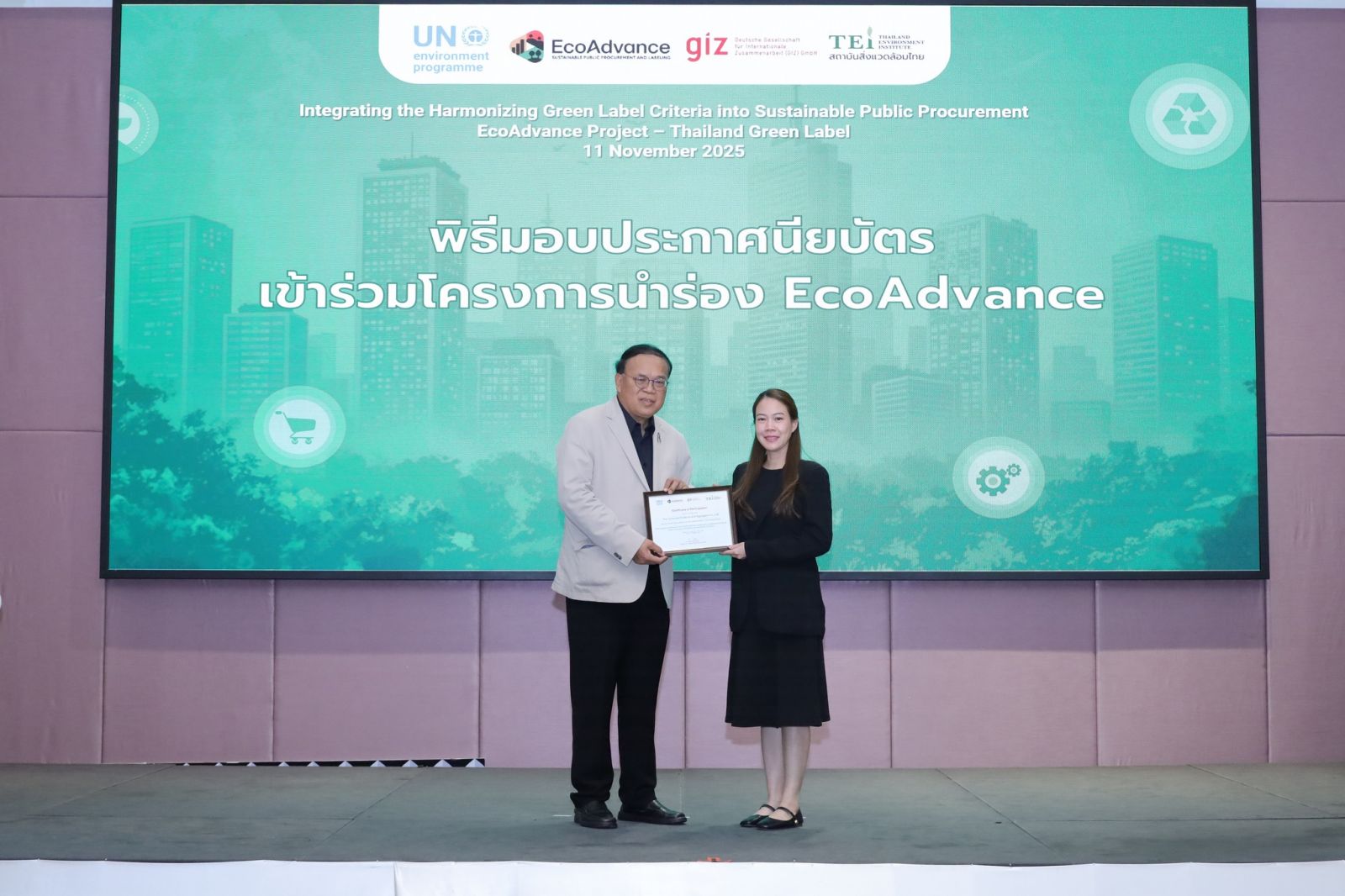
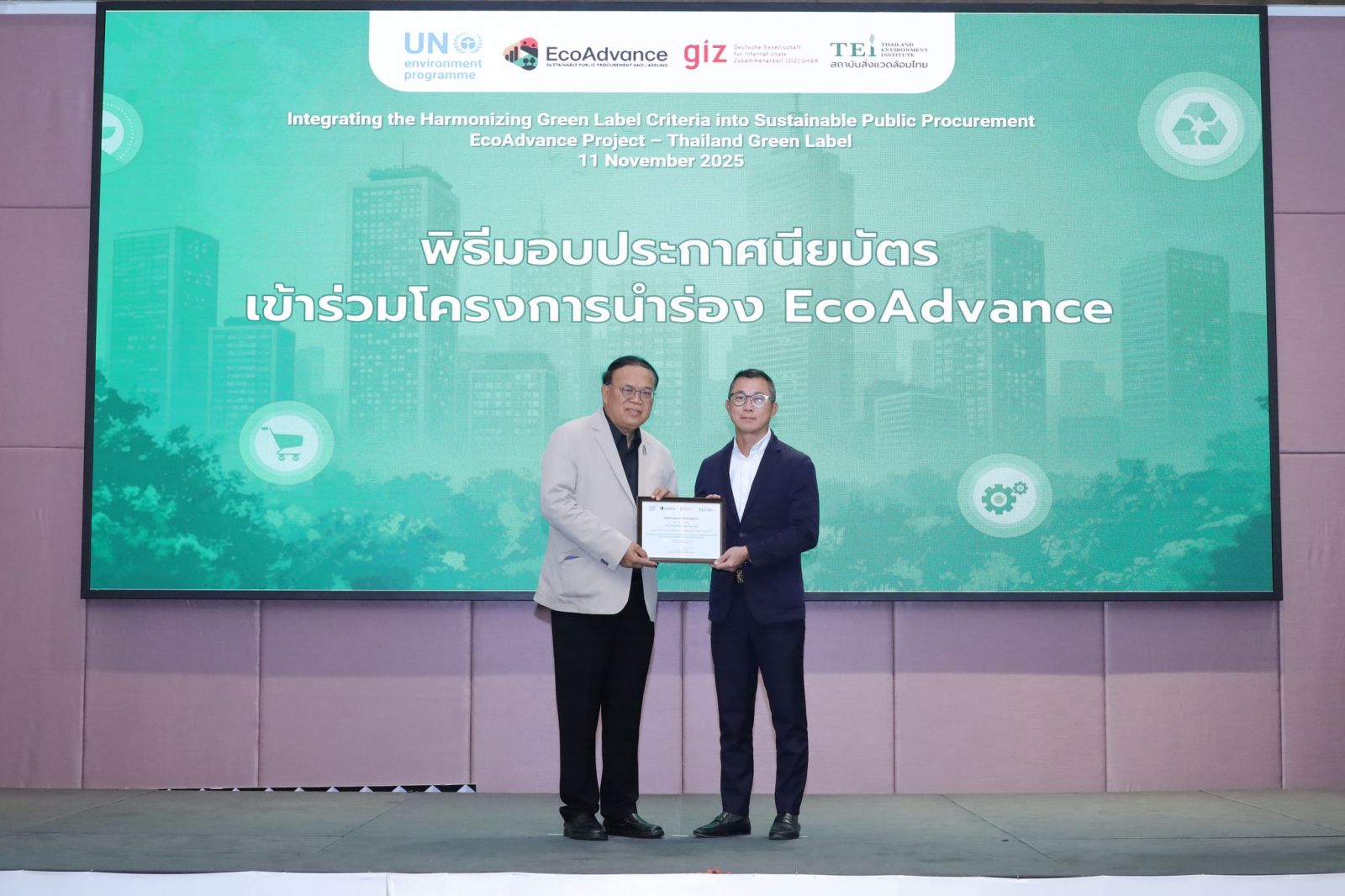
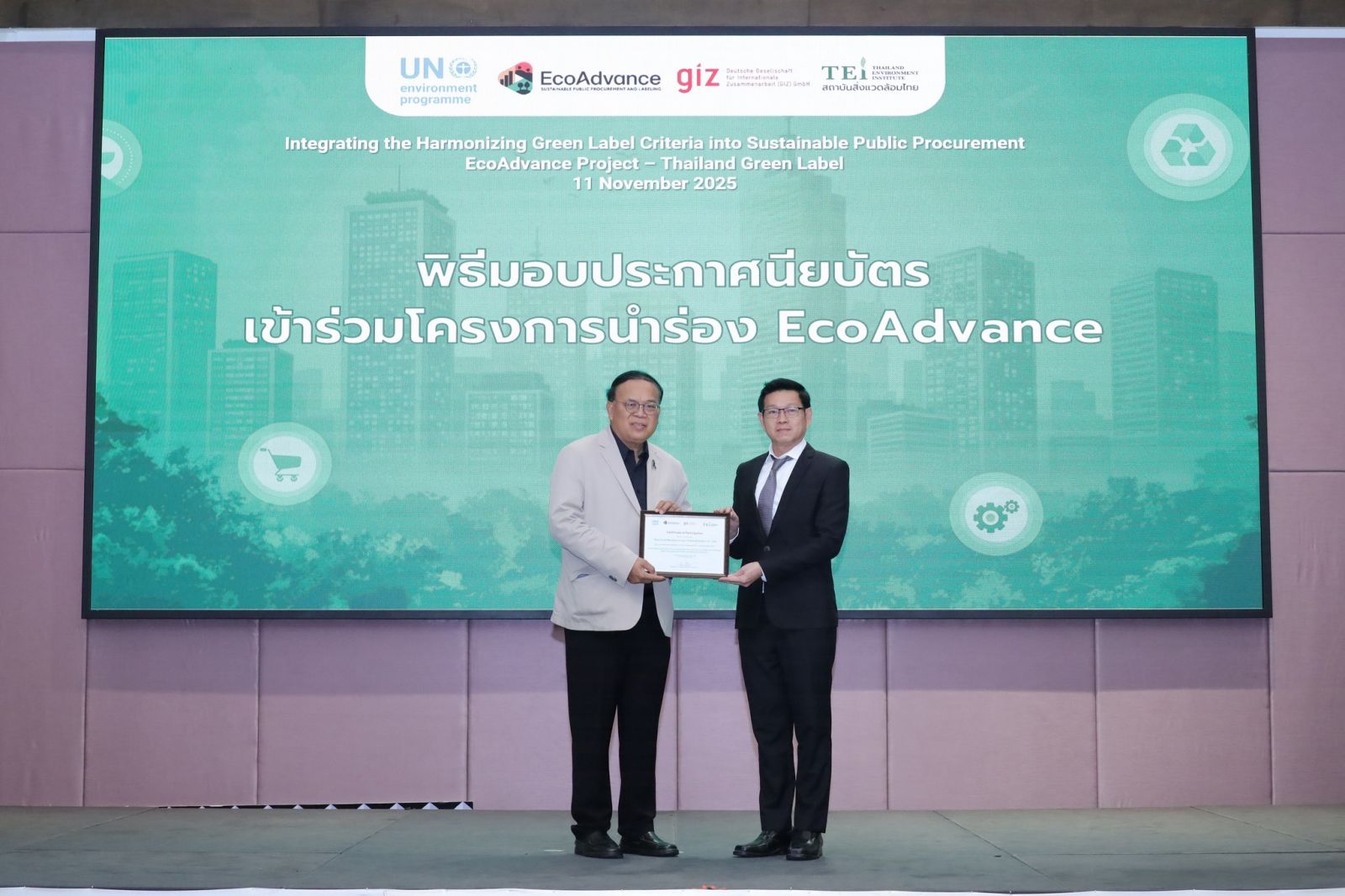
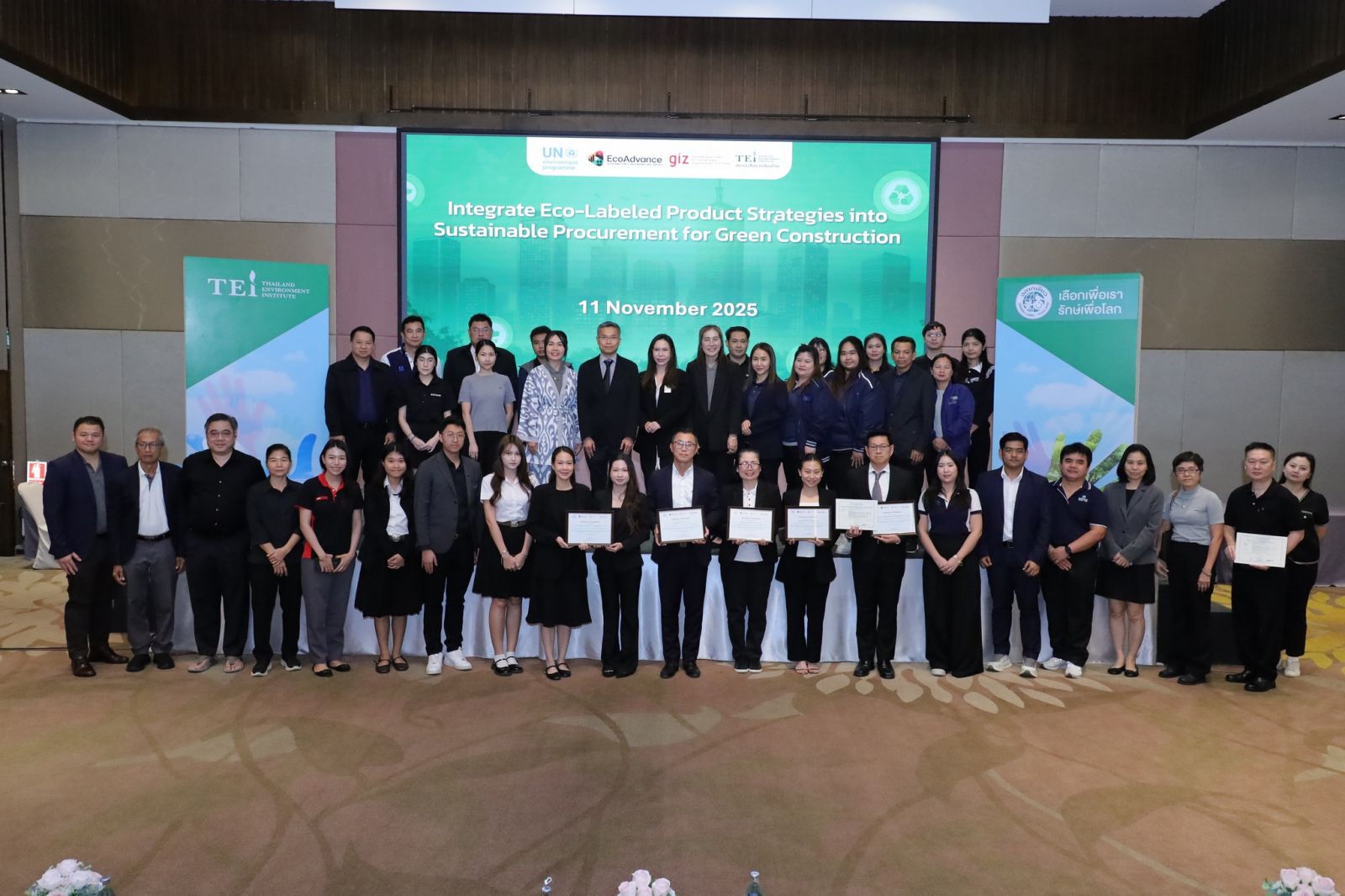
















Share: